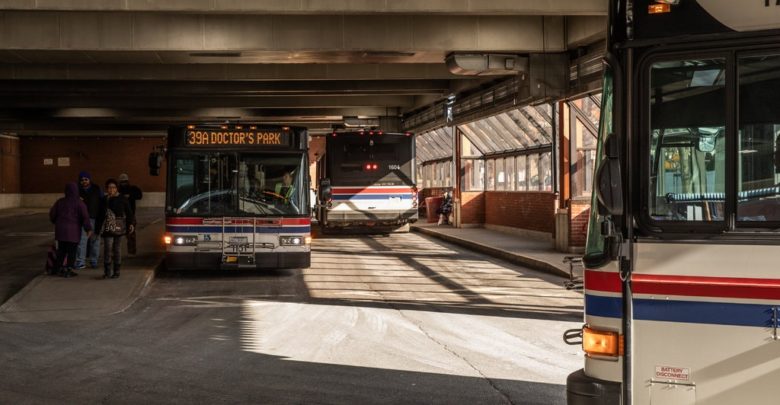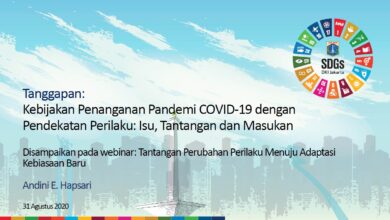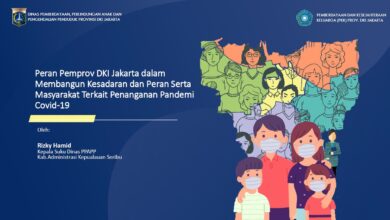
How do people get around in your community? Are there different forms of public transit, such as trains and buses? Is it more common for people to drive or cycle to and from work and school? Does your community have shared forms of transit like ride-share services, taxis or shared bikes?
Do you think your community should make public transit free for everyone?
In “Should Public Transit Be Free? More Cities Say, Why Not?,” Ellen Barry writes about cities in Massachusetts that are experimenting with offering free public transit:
Mayor Daniel Rivera of Lawrence, intrigued after hearing his friend Ms. Wu speak about fare-free transit, asked his regional transit authority how much was collected on three of the city’s most-used bus lines. The answer was such a small amount — $225,000 — that he could offset it from the city’s surplus cash reserves.
“What I like is the doability of this, the simplicity of it,” Mr. Rivera said. “We are already subsidizing this mode of transportation, so the final mile is very short. It isn’t a service people need to pay for; it’s a public good.”
Around 100 cities in the world offer free public transit, the vast majority of them in Europe, especially France and Poland.
A handful of experiments in the United States in recent decades, including the cities of Denver and Austin, were viewed as unsuccessful, because there was little evidence that they removed cars from the road; new riders tended to be poor people who did not own cars, according to a 2012 review by the National Academies Press.
But in another sense, they were successful: They increased ridership right away, with rises between 20 and 60 percent in the first few months. That statistic accounts for its revival among a new wave of urban progressives, who see transit as a key factor in social and racial inequality.
Some cities are drawn to the idea because they have seen a decline in ridership:
The idea also appeals to moderates in places like Worcester, the state’s second-largest city, which is struggling to persuade residents to use its buses. Ridership has dropped by 23 percent since 2016, and the buses now run half-empty, according to a report released last May by the Worcester Research Bureau, a nonpartisan policy group.
At a City Council meeting last week, a parade of citizens lined up to express support for a proposal to make Worcester’s buses free for three years, as a pilot program. Revenue from bus fares is so low, and the cost of collecting them so high, that it could be replaced by an infusion of $2 million to $3 million a year.
Mayor Marty Walsh of Boston has expressed concern about the potential profit loss, saying that in 2019 bus fares in his city generated $109 million:
“There’s no such thing as free,” Mr. Kane said. “Someone has to pay. Boston has the highest-paid bus drivers in the country. They’re not going to work for free. The fuelers, the mechanics — they’re not going to work for free.” Advocates of free transit have suggested that the cost could be offset by a gas tax increase; but replacing $109 million would mean raising the gas tax by 3 and a half cents, Mr. Kane said. And all the while, he said, the system is straining to cope with the current demands.
“I hate to be the guy who says, ‘eat your peas,’” he said. “But that’s where we are.”
Proponents of the idea argue that Mr. Kane’s numbers are inflated and that the true replacement cost would be closer to $36 million. That gap, they say, could be covered by a 2-cent rise in the gas tax.
“That’s where something controversial or impossible a few years ago now seems possible,” said Stacy Thompson, the executive director of the LivableStreets Alliance, a transportation research group.
The Boston Globe editorial board, which endorsed the idea of making Boston’s buses fare-free this month, suggested the cost could by covered by philanthropy.
Artikel ini telah tayang di nytimes.com dengan judul “Should Public Transit Be Free?”, https://www.nytimes.com/2020/01/16/learning/should-public-transit-be-free.html
Penulis : Nicole Daniels
Foto Cover : Greta Rybus for The New York Times



